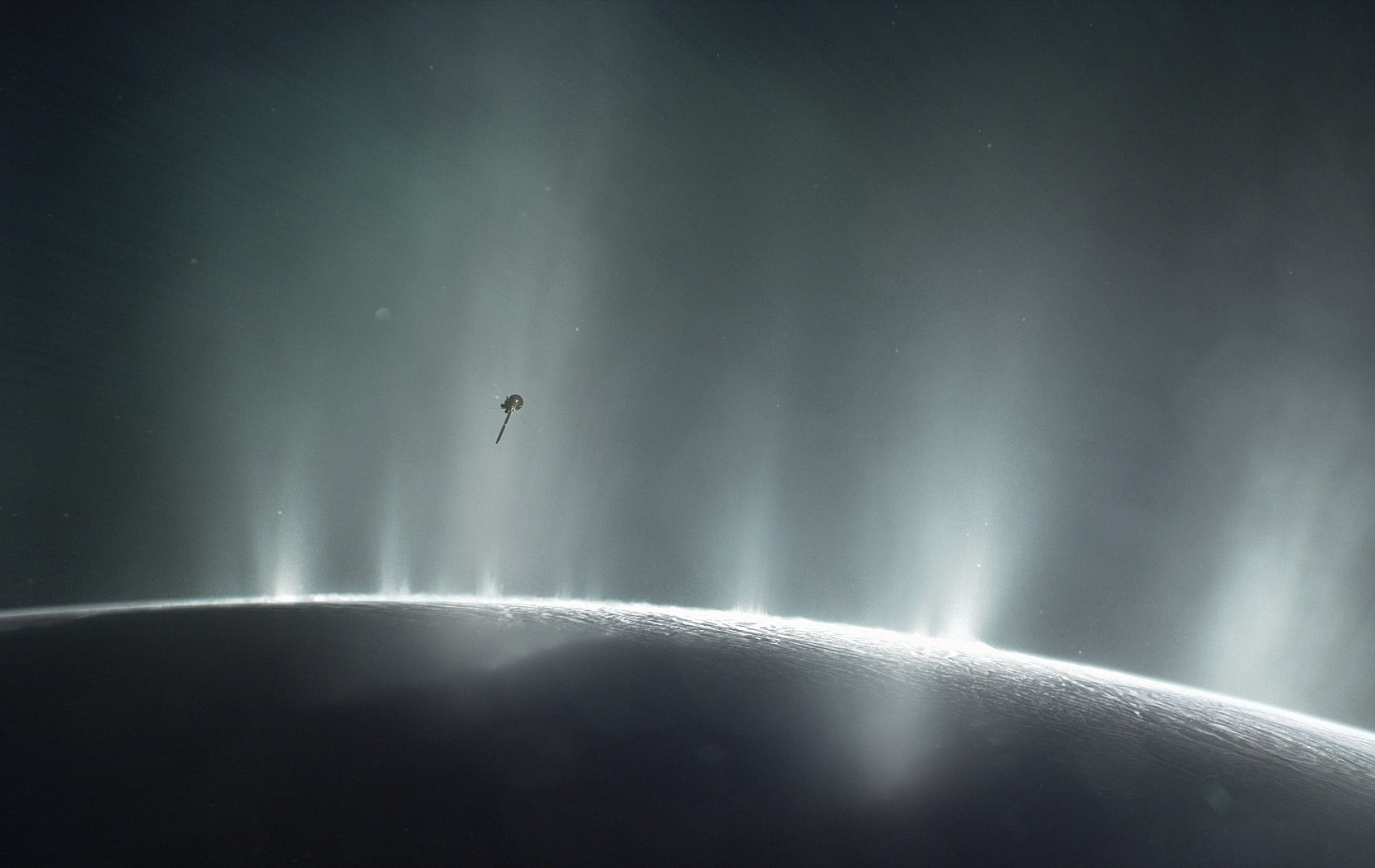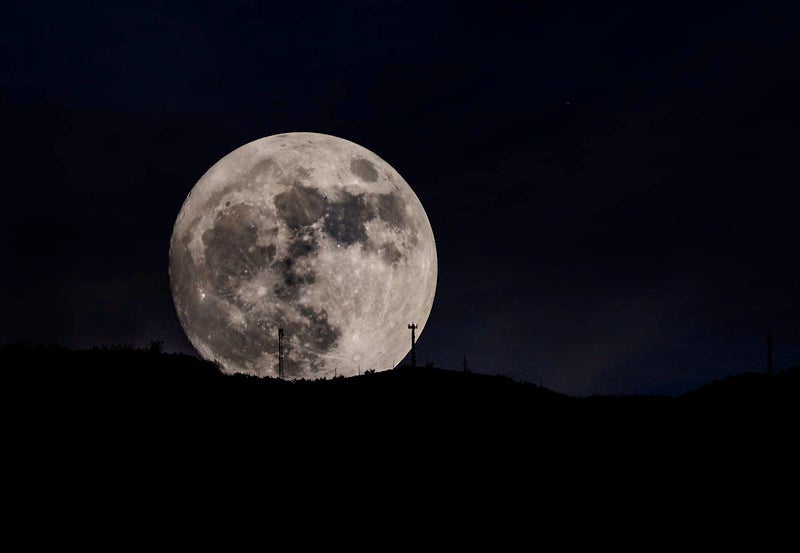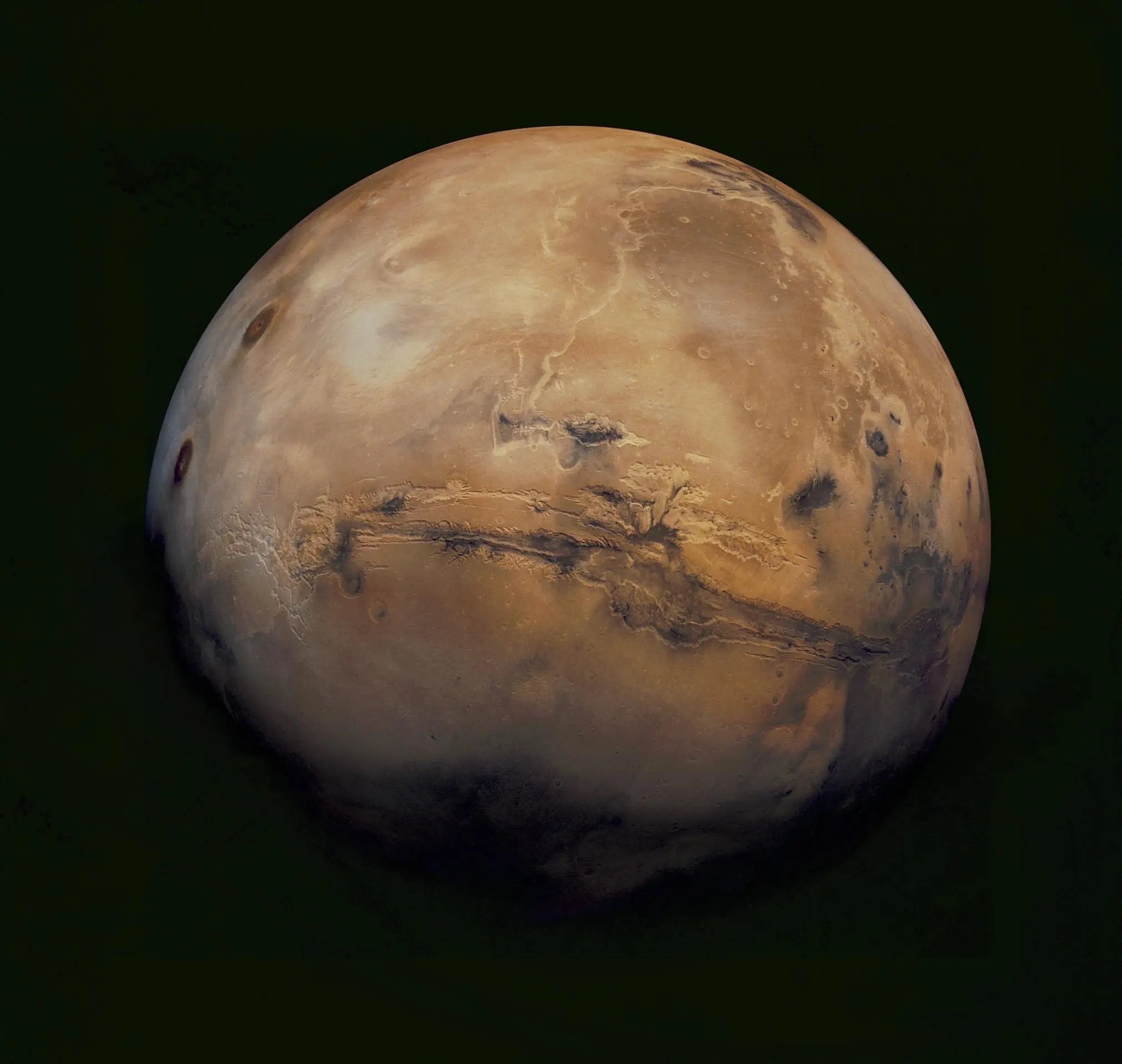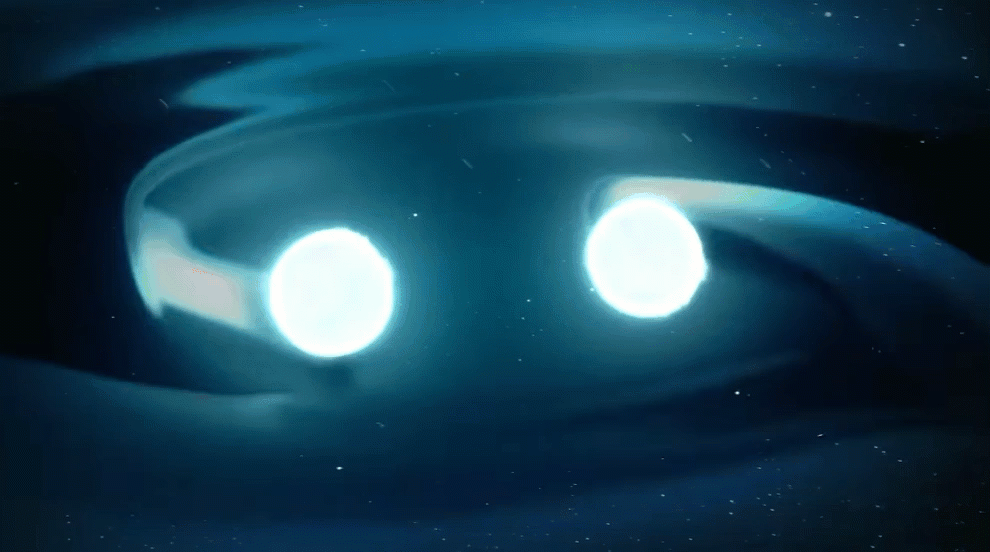Fortunately, the IAU waited until after 1997, when Clyde Tombaugh died. The final-planet discoverer went to his grave happy, even though he was still around when we started to understand just how “Goofy” the ninth world really is.
Me, I like the IAU decision. As a guest on the Late Show with David Letterman a few years ago, I’d grandly announced that Pluto wasn’t really a planet. The initial pro-planet decision by an IAU committee last August would have made me wrong.
The final IAU edict produced additional consequences. For example, Ceres is now promoted from asteroid to dwarf planet, simply because it’s roundish. But they’re not fooling anyone. We know it’s still an asteroid.
Charon, Pluto’s main moon, was briefly a planet, too, for about a week before astronomers laughed it out of the room. Now it’s back to being just one of the solar system’s 140-odd moons.
The IAU’s initial criteria for planethood included a clause that in two-body systems, the smaller object must orbit a spot outside the surface of the first.
Throughout the universe, nothing strictly goes around anything else. Rather, every pair of objects performs a waltz around the place in space where their gravities balance. With Pluto-Charon, that spot lies outside Pluto’s surface. Our moon, although 4 times the size of Charon, was denied planet status because the Earth-Moon balancing point lies under Earth’s surface, 1/8 of the way to our core.
But catch this: The Moon’s leaving us at 1.5 inches (38mm) a year. So someday, the spot it orbits will float outside our surface. At that moment, according to the IAU’s first definition, it would have suddenly become a planet. No wonder they abandoned the whole thing. It was too complicated.
Then there was the matter of tradition. Pluto almost made it on those grounds because it’s been in our brains all our lives. The problem was, if you let in Pluto, you open the door to all those tiny Kuiper Belt low lifes. Pretty soon you’ll have 15 planets, then 40, and they’ll have weird names, and nobody will remember them all, and …
Well, it didn’t happen.
I’m surprised that the blood lust of battle didn’t inspire the IAU to hack away at other celestial objects. Why stop at Pluto? Why not trim away all the annoying designations in the entire universe?
Like the constellations Cancer (horrible), Virgo (gets giggles), and Musca (a fly). Who decided to glorify a pest? Keep Musca, and you might as well gaze up at Virella the Virus. Golden Retriever — there’s a creature that belongs in the heavens. Norma, Antlia, Scutum (sounds like sputum), and a dozen others should have been edited out centuries ago. They may have tradition, but has anybody ever said, “Come outside, honey, let me point out Scutum!”
While you’re at it, rename all stars with six or more syllables: Zebeneschamali, for instance, whose name means “claw” even though it’s part of Libra. Scales shouldn’t have claws, except in nightmares.
And christen more galaxies. Right now, only about a dozen have official names, while billions more suffer the indignity of license-plate letters and numbers.
They can leave everything else. All those two-word color terms are fine. Black hole, brown dwarf, red giant, green flash, blue shift, white dwarf. Nice and catchy. Distance terms are fabulous, too: parsec, light-year, and astronomical unit. They sound cool.
Actually, come to think of it, the whole science has a pretty fine nomenclature system. Astronomy may be “out there” for most people, but its language is wonderfully intriguing, and most of its celestial bodies sound just the way they should: exotic and alluring.
So — barring further changes by planetary astronomers who hate this whole thing — we’ll simply get used to “dwarf planet.” Sorry, Pluto, but you had to see it coming.










